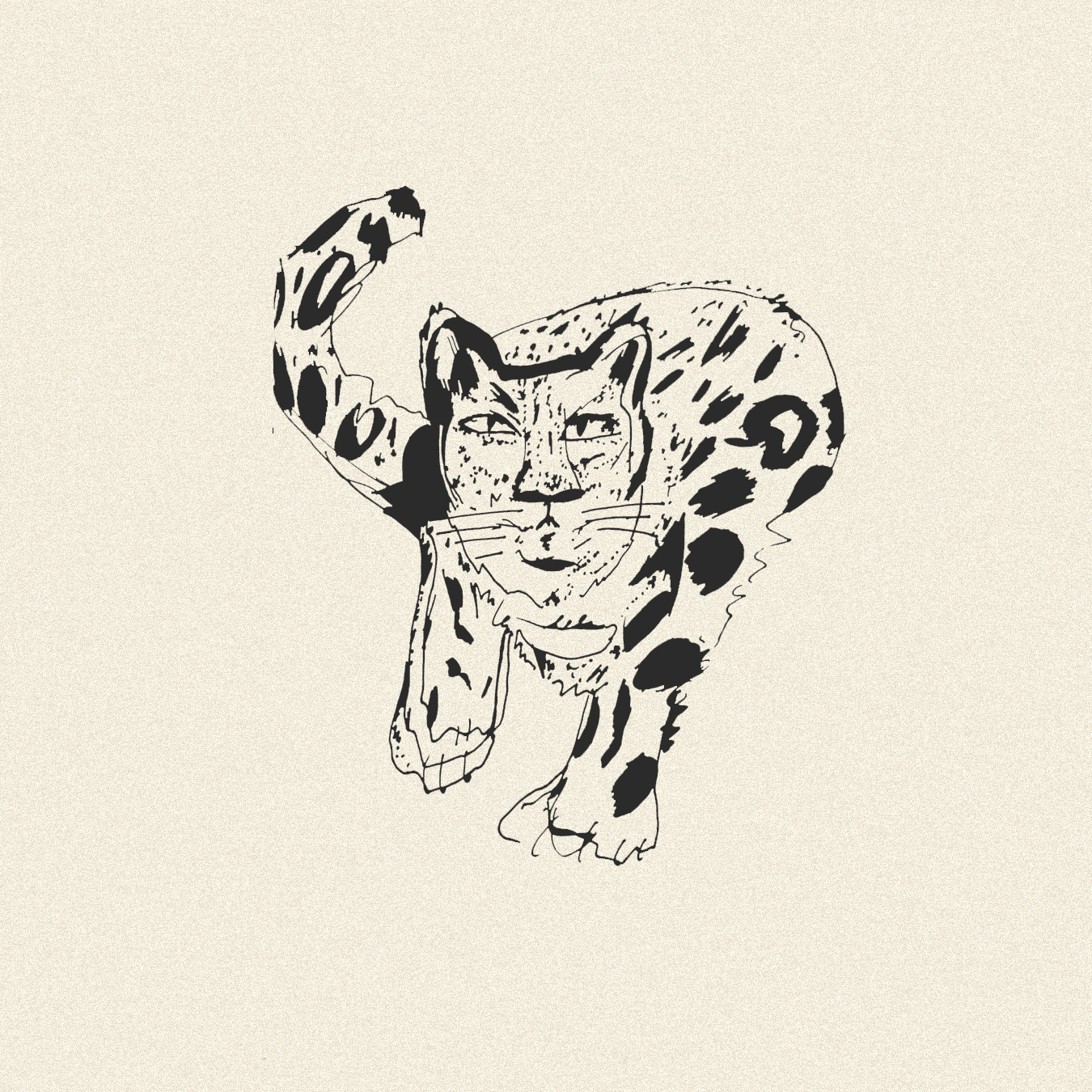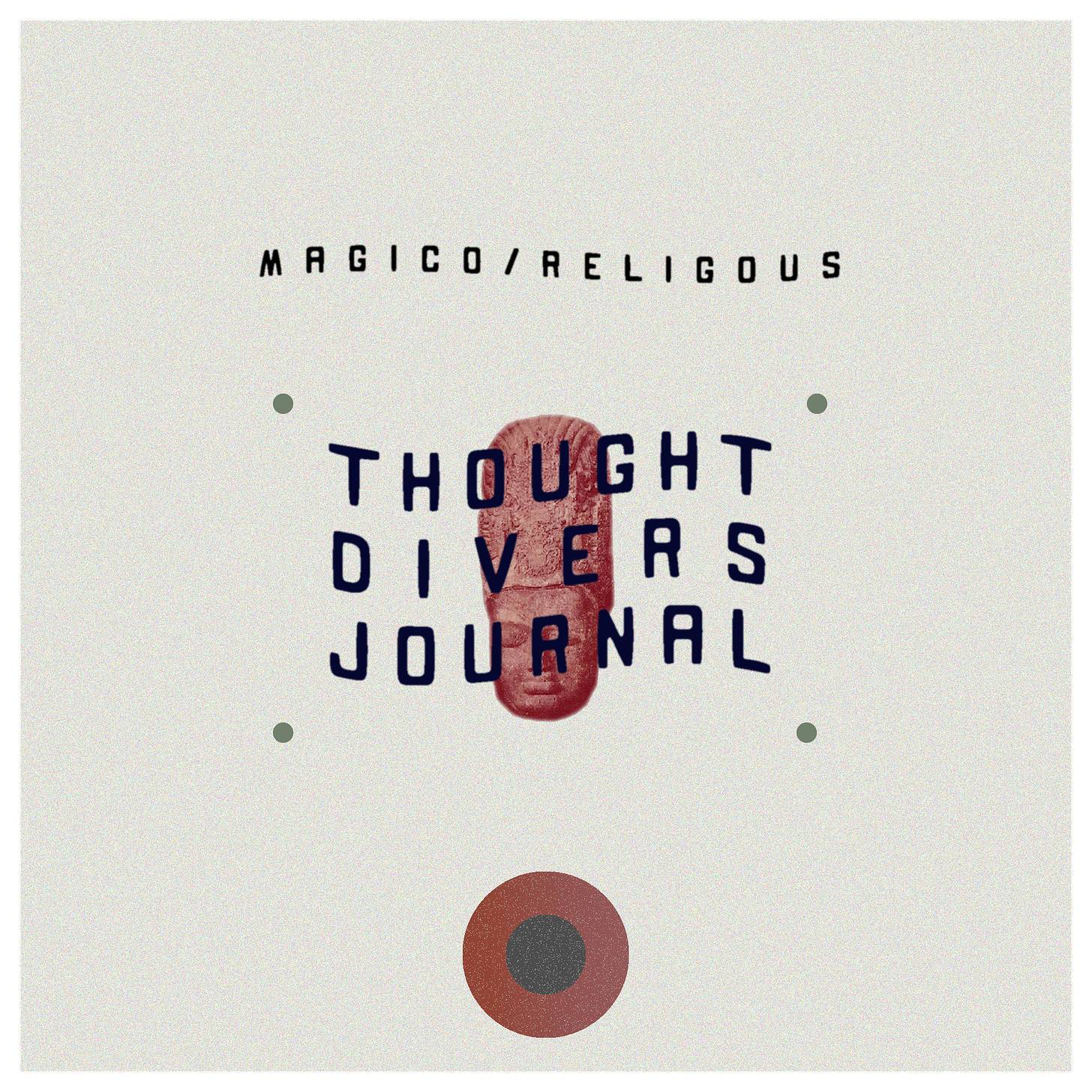Why Language is Power
How our translations shape our world with Mario Vargas Llosa, Simone Weil, and Ralph Waldo Emerson.
The old saying goes, “actions speak louder than words”…
But our language- our words- help to shape the environment in which we act. They are in themselves, “a higher class of action”1. We cast spells before our feet, we shape our world through the creation power of our speech. I don’t believe this is a stretch of the imagination. Dating all the way back to the Palenthropians, before 8000 B.C., the beginnings of language played an important magico-religious role in human experience. The great religious historian, Mircea Eliade, wrote:
“Even before articulate language, the human voice was able not only to transmit information, orders, or desires but also to bring into being a whole imaginary universe by its sonorous explosions, its phonic innovations.”2
Language may have evolved into the complicated structures of today, but from the earliest foundations of speech, it has played a role in the conjuring of new possibilities, and the ordering of reality itself.
Across the board, humans have been deeply impressed by the power of the spoken word. In El Hablador or The Storyteller, the Noble Prize-winning author, Mario Vargas Llosa, illustrates the creation myth of the Machiguengas, an origin story with the spoken word at its center:
“I learned the story of some of the animals from them. They had all been men, before. They were born speaking, or, to put it a better way, they were born from speaking. Words existed before they did. And then, after that, what the words said. Man spoke and what he said appeared.” (132)
Language has long been understood to be a pillar of our creative power. We call into our space that which we pronounce. We see this idea among nearly every religious tradition. Here it is in one of its most familiar forms:
“And God said, “Let there be light,” and there was light. God saw that the light was good, and he separated the light from the darkness. God called the light “day,” and the darkness he called “night.” - Genesis 1:4
Maybe, in this way it is meant that we are made in the image of God. We order our reality through the way we choose to speak of it. The French philosopher, Simone Weil, wrote that through the process of naming, we are able to “present what is absent, construct order of things which depends entirely on ourselves,” and “act upon anything whatsoever” by calling it into being. She continued: “by abstracting words…we imagine that we can grasp the world in its totality.”
But there is a problem with this magic trick. Words are incomplete. Ralph Waldo Emerson wrote, “words are finite organs of the infinite mind. They cannot cover the dimensions of what is in truth.” The silence speaks to us louder than our language ever could. It is the well of inspiration from which we draw our expressions. We look upon the stars and hear a chorus ringing out before us, a well of truth that reaches to the very depths of us. We are like artists at midnight, desperately trying to translate the miraculous landscape we can sense before us in the dark. Right now, my words are a poor symbol for the abstraction I hope to represent. And still, we must try. This pastime is a gift from our ancestors we dare not take for granted.
We all understand the necessity of language. It is plainly obvious. Yet it is the most plain of things that are overlooked.
“There he was: Pachakamue. The one who, by speaking, would give birth to so many animals. He gave them their name, spoke the word, and men and women became what Pachakamue said. He didn’t do it intentionally. But he had the power.” - Mario Vargas Llosa (132)
Keep diving,
A.J.
_The best way to support this project is to share this letter with your friends!
_Share your thoughts and insights on this week’s letter by visiting the website.
The Library:
The Storyteller by Mario Vargas Llosa - Amazon, Bookshop
The Need for Roots by Simone Weil - Amazon, Bookshop
(affiliate links)
Attributed to Ralph Waldo Emerson - Emerson and the History of Rhetoric by Roger Thompson
A History of Religious Ideas, Volume 1 by Mircea Eliade







The way I see it, the closer we get to nature/creation itself - the less our mere words are able to describe such beauty. I have spent many nights in the desert, gazing up at the infinite number of stars in the Milky Way, and I’m at a loss for words. Are we, as humans, incapable of forming spoken speech that can meet the level of nature itself? If we could describe its beauty entirely, would that dull it? Would the Milky Way glimmer as bright if we could fully articulate everything we saw in it? If we could translate onto paper the majesty of an early morning sunrise over the ocean - would it lose its magic? Maybe part of the true beauty lies in the fact that it is so fleeting and so limited to the time we can lay our senses on it.